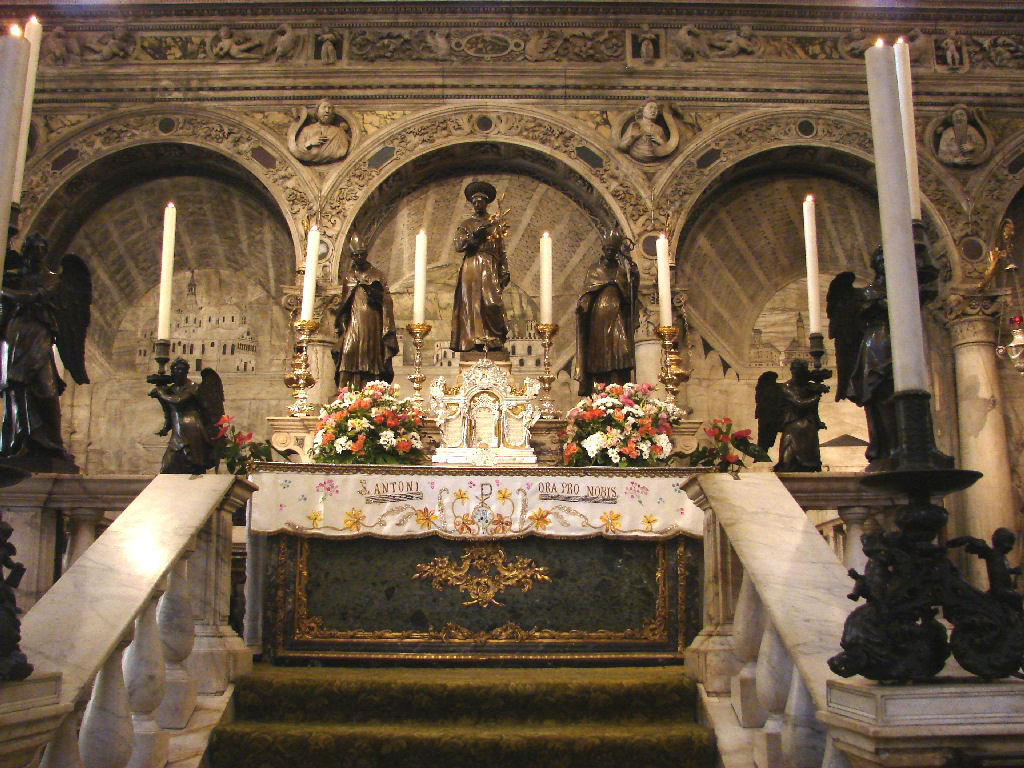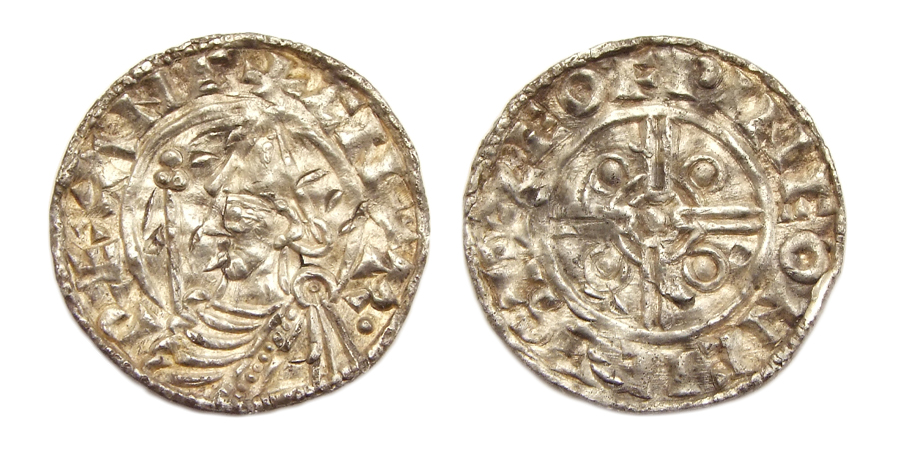|
Persecution Of Sufis
Persecution of Sufis over the course of centuries has included acts of religious discrimination, persecution, and violence both by Sunni and Shia Muslims, such as destruction of Sufi shrines, tombs and mosques, suppression of Sufi orders, murder, and terrorism against adherents of Sufism in a number of Muslim-majority countries. The Republic of Turkey banned all Sufi orders and abolished their institutions in 1925, after Sufis opposed the new secular order. The Islamic Republic of Iran has harassed Sufis, reportedly for their lack of support for the government doctrine of " governance of the jurist" (i. e., that the supreme Shiite jurist should be the nation's political leader). In most other Muslim-majority countries, attacks on Sufis and especially their shrines have come from adherents of puritanical and revivalist schools of Islamic thought (Deobandi, Salafi movement, Wahhabism, and Islamic Modernism), who believe that practices such as visitation to and venerati ... [...More Info...] [...Related Items...] OR: [Wikipedia] [Google] [Baidu] |
Religious Discrimination
Religious discrimination is treating a person or group differently because of the particular beliefs which they hold about a religion. This includes instances when adherents of different religions, denominations or non-religions are treated unequally due to their particular beliefs, either by the law or in institutional settings, such as employment or housing. Religious discrimination is related to religious persecution, the most extreme forms of which would include instances in which people have been executed for beliefs which have been perceived to be heretical. Laws that only carry light punishments are described as ''mild forms of religious persecution'' or ''religious discrimination''. In recent years, the term religionism has also been used, but "religious discrimination" remains the more widely used term. Even in societies where freedom of religion is a constitutional right, adherents of minority religions sometimes voice their concerns about religious discrimination ... [...More Info...] [...Related Items...] OR: [Wikipedia] [Google] [Baidu] |
Faqīh
A faqīh (plural ''fuqahā'', ar, فقيه, pl. ) is an Islamic jurist, an expert in ''fiqh'', or Islamic jurisprudence and Islamic Law. Definition Islamic jurisprudence or ''fiqh'' is the human understanding of the Sharia (believed by Muslims to represent divine law as revealed in the Quran and the ''Sunnah'' (the teachings and practices of the Islamic prophet Muhammad). Sharia expanded and developed by interpretation (''ijtihad'') of the Quran and ''Sunnah'' by Islamic jurists (''Ulema'') and implemented by the rulings (''Fatwa'') of jurists on questions presented to them. ''Fiqh'' deals with the observance of rituals, morals and social legislation in Islam. In the modern era there are four prominent schools (''madh'hab'') of ''fiqh'' within Sunni practice and two (or three) within Shi'a practice. The historian Ibn Khaldun describes ''fiqh'' as "knowledge of the rules of God which concern the actions of persons who own themselves bound to obey the law res ... [...More Info...] [...Related Items...] OR: [Wikipedia] [Google] [Baidu] |
Saints In Islam
A wali (''wali'' ar, وَلِيّ, '; plural , '), the Arabic word which has been variously translated "master", "authority", "custodian", "protector", is most commonly used by Muslims to indicate an Islamic saint, otherwise referred to by the more literal "friend of God".John Renard, ''Friends of God: Islamic Images of Piety, Commitment, and Servanthood'' (Berkeley: University of California Press, 2008); John Renard, ''Tales of God Friends: Islamic Hagiography in Translation'' (Berkeley: University of California Press, 2009), passim. When the Arabic definite article () is added, it refers to one of the names of God in Islam, Allah – (), meaning "the Helper, Friend". In the traditional Islamic understanding of saints, the saint is portrayed as someone "marked by pecialdivine favor ... ndholiness", and who is specifically "chosen by God and endowed with exceptional gifts, such as the ability to work miracles".Radtke, B., "Saint", in: ''Encyclopaedia of the Qurʾān'', ... [...More Info...] [...Related Items...] OR: [Wikipedia] [Google] [Baidu] |
Veneration
Veneration ( la, veneratio; el, τιμάω ), or veneration of saints, is the act of honoring a saint, a person who has been identified as having a high degree of sanctity or holiness. Angels are shown similar veneration in many religions. Etymologically, "to venerate" derives from the Latin verb, , meaning 'to regard with reverence and respect'. Veneration of saints is practiced, formally or informally, by adherents of some branches of all major religions, including Christianity, Judaism,"Veneration of saints is a universal phenomenon. All monotheistic and polytheistic creeds contain something of its religious dimension... " Hinduism, Islam, Buddhism and Jainism. Within Christianity, veneration is practiced by groups such as the Eastern Orthodox Church, the Roman Catholic, and Eastern Catholic Churches, all of which have varying types of canonization or glorification procedures. In the Catholic and Orthodox Churches, veneration is shown outwardly by respectfully bowing or ma ... [...More Info...] [...Related Items...] OR: [Wikipedia] [Google] [Baidu] |
Ziyarat
In Islam, ''ziyara(h)'' ( ar, زِيَارَة ''ziyārah'', "visit") or ''ziyarat'' ( fa, , ''ziyārat'', "pilgrimage") is a form of pilgrimage to sites associated with Muhammad, his family members and descendants (including the Shī'ī Imāms), his companions and other venerated figures in Islam such as the prophets, Sufi auliya, and Islamic scholars. Sites of pilgrimage include mosques, maqams, battlefields, mountains, and caves. ''Ziyārat'' can also refer to a form of supplication made by the Shia, in which they send salutations and greetings to Muhammad and his family. Terminology ''Ziyarat'' comes from ar, زَار, zār "to visit". In Islam it refers to pious visitation, pilgrimage to a holy place, tomb or shrine.Gibb, H. A. R.; Kramers, J. H.; Lévi-Provençal, E.; Schacht, J.; Lewis, B.; Pellat, Ch., eds. (1960). ''The Encyclopaedia of Islam, New Edition'', Volume I: W–Z. Leiden: E. J. Brill. pp. 524, 533–39. . Iranian and South Asian Muslims use the ... [...More Info...] [...Related Items...] OR: [Wikipedia] [Google] [Baidu] |
Islamic Modernism
Islamic modernism is a movement that has been described as "the first Muslim ideological response to the Western cultural challenge" attempting to reconcile the Islamic faith with modern values such as democracy, civil rights, rationality, equality, and progress.''Encyclopedia of Islam and the Muslim World'', Thompson Gale (2004) It featured a "critical reexamination of the classical conceptions and methods of jurisprudence" and a new approach to Islamic theology and Quranic exegesis (''Tafsir''). A contemporary definition describes it as an "effort to re-read Islam's fundamental sources—the Qur'an and the Sunna, (the practice of the Prophet) —by placing them in their historical context, and then reinterpreting them, non-literally, in the light of the modern context." It was one of the of several Islamic movements – including Islamic secularism, Islamism, and Salafism – that emerged in the middle of the 19th century in reaction to the rapid changes of the time, ... [...More Info...] [...Related Items...] OR: [Wikipedia] [Google] [Baidu] |
Wahhabism
Wahhabism ( ar, ٱلْوَهَّابِيَةُ, translit=al-Wahhābiyyah) is a Sunni Islamic Islamic revival, revivalist and Islamic fundamentalism, fundamentalist movement associated with the reformist doctrines of the 18th-century Arabians, Arabian Islamic scholar, Islamic theology, theologian, Dawah, preacher, and Islamic activism, activist Muhammad ibn Abd al-Wahhab (). He established the ''Muwahhidun'' movement in the region of Najd in Arabian Peninsula, central Arabia as well as Hijaz Mountains, South Western Arabia, a reform movement that emphasised purging of rituals related to the Wali, veneration of Muslim saints and Ziyarat, pilgrimages to their tombs and shrines, which were widespread amongst the people of Najd. Ibn ʿAbd al-Wahhab and his followers were highly inspired by the influential thirteenth-century Hanbali scholar Ibn Taymiyyah (1263–1328 C.E/ 661 – 728 A.H) who called for a return to the purity of the first three generations (''Salaf'') to rid Muslims o ... [...More Info...] [...Related Items...] OR: [Wikipedia] [Google] [Baidu] |
Salafi Movement
The Salafi movement or Salafism () is a Islah, reform branch movement within Sunni Islam that originated during the nineteenth century. The name refers to advocacy of a return to the traditions of the "pious predecessors" (), the first three generations of Muslims, who are believed to exemplify the pure form of Islam. Those generations include the Islamic prophet Muhammad in Islam, Muhammad and his companions, whom he himself taught (the ); their successors (the ); and the successors of the successors (the ). In practice, Salafis maintain that Muslims ought to rely on the Quran, Qur'an, the and the (consensus) of the , giving these writings precedence over later religious interpretations. The Salafi movement aimed to achieve a renewal of Muslim life and had a major influence on many Muslim thinkers and movements across the Muslim world, Islamic world. Since its inception, Salafism has been evolving through the efforts of numerous Islamic reformers, whose interpretations have s ... [...More Info...] [...Related Items...] OR: [Wikipedia] [Google] [Baidu] |
Academia
An academy ( Attic Greek: Ἀκαδήμεια; Koine Greek Ἀκαδημία) is an institution of secondary or tertiary higher learning (and generally also research or honorary membership). The name traces back to Plato's school of philosophy, founded approximately 385 BC at Akademia, a sanctuary of Athena, the goddess of wisdom and skill, north of Athens, Greece. Etymology The word comes from the ''Academy'' in ancient Greece, which derives from the Athenian hero, '' Akademos''. Outside the city walls of Athens, the gymnasium was made famous by Plato as a center of learning. The sacred space, dedicated to the goddess of wisdom, Athena, had formerly been an olive grove, hence the expression "the groves of Academe". In these gardens, the philosopher Plato conversed with followers. Plato developed his sessions into a method of teaching philosophy and in 387 BC, established what is known today as the Old Academy. By extension, ''academia'' has come to mean the accumula ... [...More Info...] [...Related Items...] OR: [Wikipedia] [Google] [Baidu] |
Wiley-Blackwell
Wiley-Blackwell is an international scientific, technical, medical, and scholarly publishing business of John Wiley & Sons. It was formed by the merger of John Wiley & Sons Global Scientific, Technical, and Medical business with Blackwell Publishing in 2007.About Wiley-Blackwell John Wiley & Sons, Inc. Wiley-Blackwell is now an imprint that publishes a diverse range of academic and professional fields, including , , , |
Chichester
Chichester () is a cathedral city and civil parish in West Sussex, England.OS Explorer map 120: Chichester, South Harting and Selsey Scale: 1:25 000. Publisher:Ordnance Survey – Southampton B2 edition. Publishing Date:2009. It is the only city in West Sussex and is its county town. It was a Roman and Anglo-Saxon settlement and a major market town from those times through Norman and medieval times to the present day. It is the seat of the Church of England Diocese of Chichester, with a 12th-century cathedral. The city has two main watercourses: the Chichester Canal and the River Lavant. The Lavant, a winterbourne, runs to the south of the city walls; it is hidden mostly in culverts when close to the city centre. History Roman period There is no recorded evidence that the city that became Chichester was a settlement of any size before the coming of the Romans. The area around Chichester is believed to have played a significant part during the Roman invasion of A ... [...More Info...] [...Related Items...] OR: [Wikipedia] [Google] [Baidu] |
Deobandi
Deobandi is a revivalist movement within Sunni Islam, adhering to the Hanafi school of law, formed in the late 19th century around the Darul Uloom Madrassa in Deoband, India, from which the name derives, by Muhammad Qasim Nanautavi, Rashid Ahmad Gangohi, and several others, after the Indian Rebellion of 1857–58. The movement pioneered education in religious sciences through the ''Dars-i-Nizami'' associated with the Lucknow-based '' ulema'' of Firangi Mahal with the goal of preserving traditional Islamic teachings from the influx of modernist, secular ideas during British colonial rule. The Deobandi movement's Indian clerical wing, Jamiat Ulema-e-Hind, was founded in 1919 and played a major role in the Indian independence movement through its participation in the Pan-Islamist ''Khalifat'' movement and propagation of the doctrine of composite nationalism. Theologically, the Deobandis uphold the doctrine of '' taqlid'' (conformity to legal precedent) a ... [...More Info...] [...Related Items...] OR: [Wikipedia] [Google] [Baidu] |









